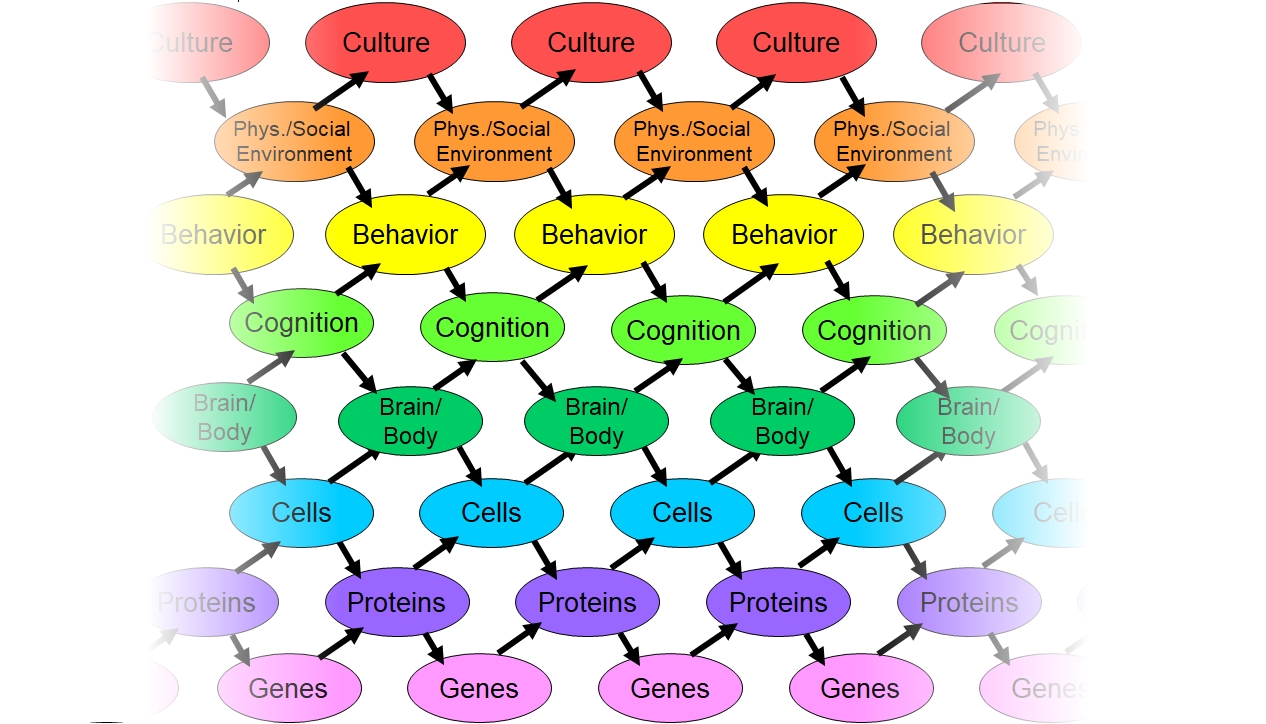Vision
The DeLTA Center is an interdisciplinary research community transforming conventional conceptions of development and learning by promoting reciprocal interactions between basic and applied researchers, by training the next generation of collaborative scientists, and by actively engaging with community partners. DeLTA Center members recognize that the processes of development and learning are fundamentally complex. These processes live at multiple levels -- from neurons to neighborhoods -- with reciprocal interactions at all levels. And these processes play out over multiple time scales, from the millisecond unfolding of action potentials in the brain to the time scale of behavior over days, months, and years. By embracing the complexity of the developmental system, the DeLTA Center contributes to a broader intellectual movement that advances a fresh vision of how science should approach the study of "change."
Fundamental Principles
The DeLTA Center is committed to the following principles:
- An understanding that human bodies and brains are in continual dialogue. This understanding motivates a systems approach to the study of development and learning.
- A recognition of the false dichotomy of nature versus nurture that, although generally regarded as naive, all too often serves as a default for explanation of development and learning in science and society. This recognition leads us away from efforts to quantify the relative importance of genes and the environment and towards an understanding of the mechanisms by which they work together over the lifespan.
- An acceptance of the complex integration of brain, mind, body, physical environment, social relationships, and large-scale social systems. This acceptance necessitates respect for a diversity of disciplinary perspectives and methods.
- A belief in the value of communication between scientists and other citizens. This belief inspires engaged scholarship.

Development and Learning... from Theory to Application.
